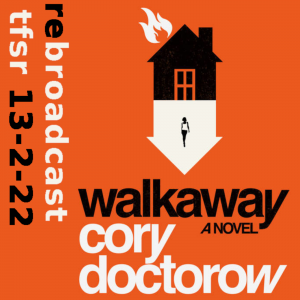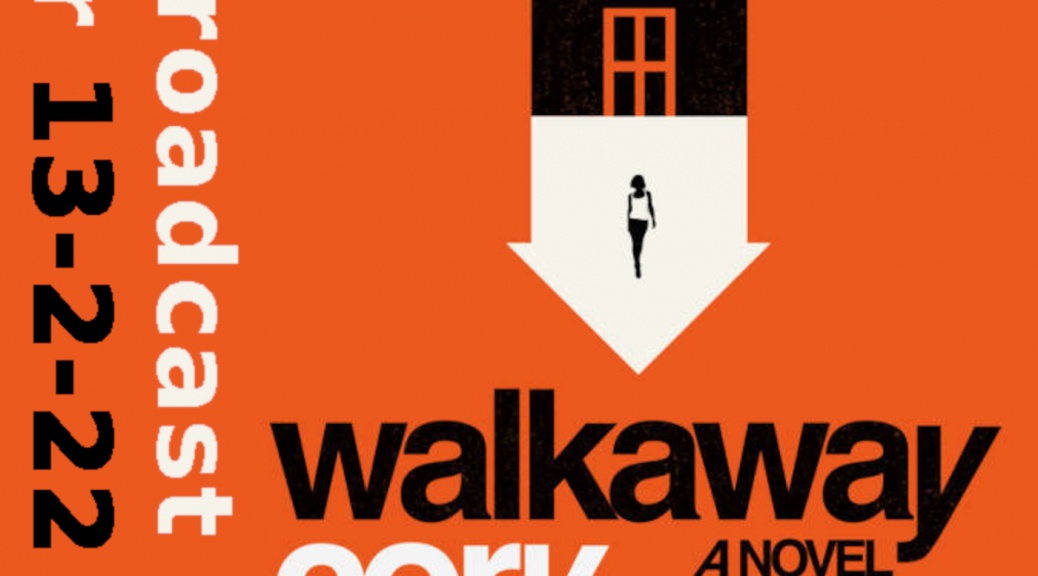Cory Doctorow on “Walkaway” and Post-Scarcity (rebroadcast)

This week, we are re-broadcasting an inteview with the sci-fi and picture book author, technologist and social critic Cory Doctorow. Cory is an editor of the blog BoingBoing, a fellow at the Electronic Frontier Foundation and the book we spoke of on this episode was Walkaway (you get a 10% discount and support for us when you order from the above link from Firestorm Books in Asheville), out from Head of Zeus and TOR books. The novel plays with themes of open source technologies, class society, post-scarcity economics, ecological remediation, drop-out culture and liberatory social models. It was released a few days ago in paperback, along with matching re-issues of his other adult sci-fi novels.
For the hour, we spoke about themes from the book, sharing, trans-humanism, imagination and monsters. To find more work by Cory, check out his blog craphound.com. You can also find him on twitter, free writings on Project Gutenberg, his content on archive.org, or his podcast. In 2019 he released Radicalized, a collection of four novellas, and in 2020 he released Attack Surface, a novel in the universe of his prior works, Little Brother and it’s sequel, Homeland.
We hope you enjoy!
Upcoming Anti-Repression Workshops
This week, the second free, online workshop in the Anti-Repression series hosted by Firestorm Books is happening. You can find out more (plus supplemental info) at the Blue Ridge Anarchist Black Cross website, and sign up for the zoom event on Digital Security coming up at 7pm on Tuesday, February 15th at 7pm EST (UTC – 5) here: https://us02web.zoom.us/webinar/register/WN__ACzJRGGSpKS3rDeQnJ9ZQ!
. … . ..
Featured tracks:
- Finders Keepers by Noxe13 from Finders Keepers

